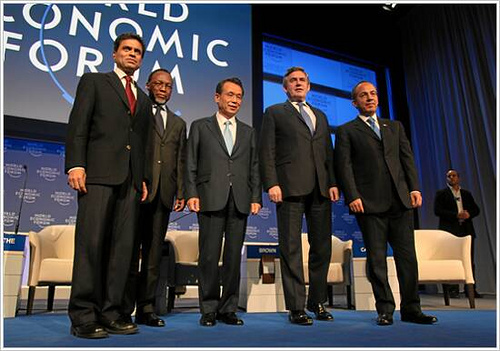How, it must be asked, can a nation of such current resources, power and influence that it is banging on about the evils of liberalism be simultaneously suffering from an inability to do something as simple as ensuring that it can test milk powder for children?
Largely, because the centre is able to do things far more efficiently than the levels of government that people actually see and interact with everyday. If a project is big, glitzy and demanded by the central government, it shall be done, and done well.
Yet on the day to day level, China suffers from the dilemma of unfunded mandates making the provision of public services incredibly expensive and inefficient. I have written earlier on the impact that this has had on the public health system in China.
Chronic fiscal shortages don’t just have an impact on health service delivery. They affect all elements of people’s lives. China’s regulatory bodies are famously underfunded. Its regions are also famously underfunded. Funnily enough, its regional inspection bodies are… underfunded. Over years, this begins to wear down the provision of simple public services. (Indeed, it is noteworthy that all babies suffering symptoms of poisioning from the milk powder were offered “free treatment at the Beijing First Hospital”. What about treating them in Henan, where they actually fell sick? Oh.)
Yet when something becomes a political priority from the centre, such as the space walk (or the Olympics), it is done with astounding efficiency and brio.
To be clear, I am not arguing that these things are not vital for Chinese national unity and cohesion. That said, you need some bread to go with your circuses. A greater concentration on resolving the fiscal shortage problem, and improving the capacity of local government in particular will never make the front page of the papers. But it would make a considerable difference to people’s lives.

